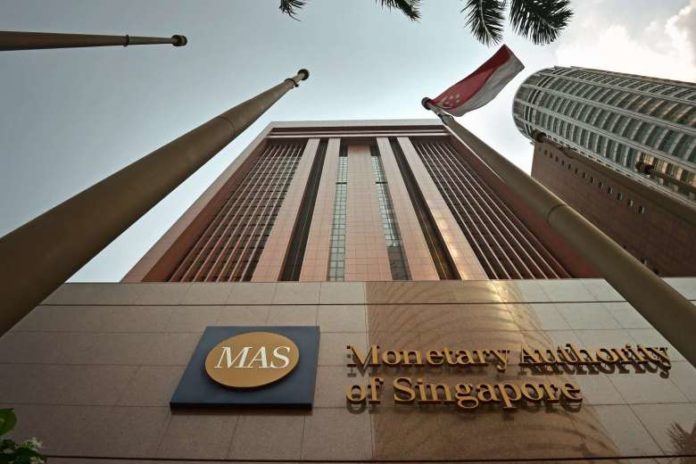The Monetary Authority of Singapore (MAS) announced the commencement of the Payment Services Act (PS Act) on 28 January 2020. The new PS Act will enhance the regulatory framework for payment services in Singapore, strengthen consumer protection and promote confidence in the use of e-payments.
The PS Act adopts an activity-based licensing framework in recognition of the different kinds of activities and new developments in payment services. It also expands MAS’ regulatory ambit to include new types of payment services, such as digital payment token services.
In the Second Reading Speech of the Payment Services Bill, Mr Ong Ye Kung, on behalf of Mr Tharman Shanmugaratnam, Deputy Prime Minister and Minister-In-Charge of The Monetary Authority of Singapore, elaborated that “The Bill includes provisions that level the playing field for banks and non-banks, and that enhance user protection.”
He explained that the modular and risk-focused regulatory structure, allows rules to be tailored to the scope of services being offered by any provider.
“A modular approach gives MAS the flexibility to regulate payment service providers that offer one, two or more parts of the payments value chain. It also enables MAS to respond quickly to fast changing payment solutions and business models. A risk-based approach enables MAS to impose proportionate regulatory measures on each type of payment service provider, depending on the scale of their activities,” he continued.
MAS closely engaged the industry through dialogues and public consultations in designing the PS Act. To support the transition of payment services firms to the new PS Act, MAS has initiated a payments regulatory evaluation program to help them connect with providers of legal services.
Ms Loo Siew Yee, Assistant Managing Director (Policy, Payments & Financial Crime), MAS, said, “The Payment Services Act provides a forward-looking and flexible regulatory framework for the payments industry.”
“The activity-based and risk-focused regulatory structure allows rules to be applied proportionately and to be robust to changing business models. The PS Act will facilitate growth and innovation while mitigating risk and fostering confidence in our payments landscape,” she continued.
The Money-changing and Remittance Businesses Act and the Payment Systems (Oversight) Act will be repealed with the commencement of the PS Act.














